Discover the beauty and low-maintenance charm of Succulent! This beginner’s guide covers everything you need to know about incorporating these unique plants into your garden design.
Succulent have become a gardening sensation, capturing the hearts of plant enthusiasts worldwide with their striking shapes, vibrant colors, and easy-care nature. These drought-tolerant wonders are perfect for busy gardeners or those living in arid regions, offering a delightful array of textures and forms to enhance any outdoor space.
In this beginner’s guide, we’ll explore the captivating world of succulents, from identifying different varieties to creating stunning garden designs that showcase their unique beauty. Whether you’re a seasoned green thumb or just starting your gardening journey, you’ll find all the information you need to transform your outdoor areas into succulent-filled oases.
Understanding Succulents
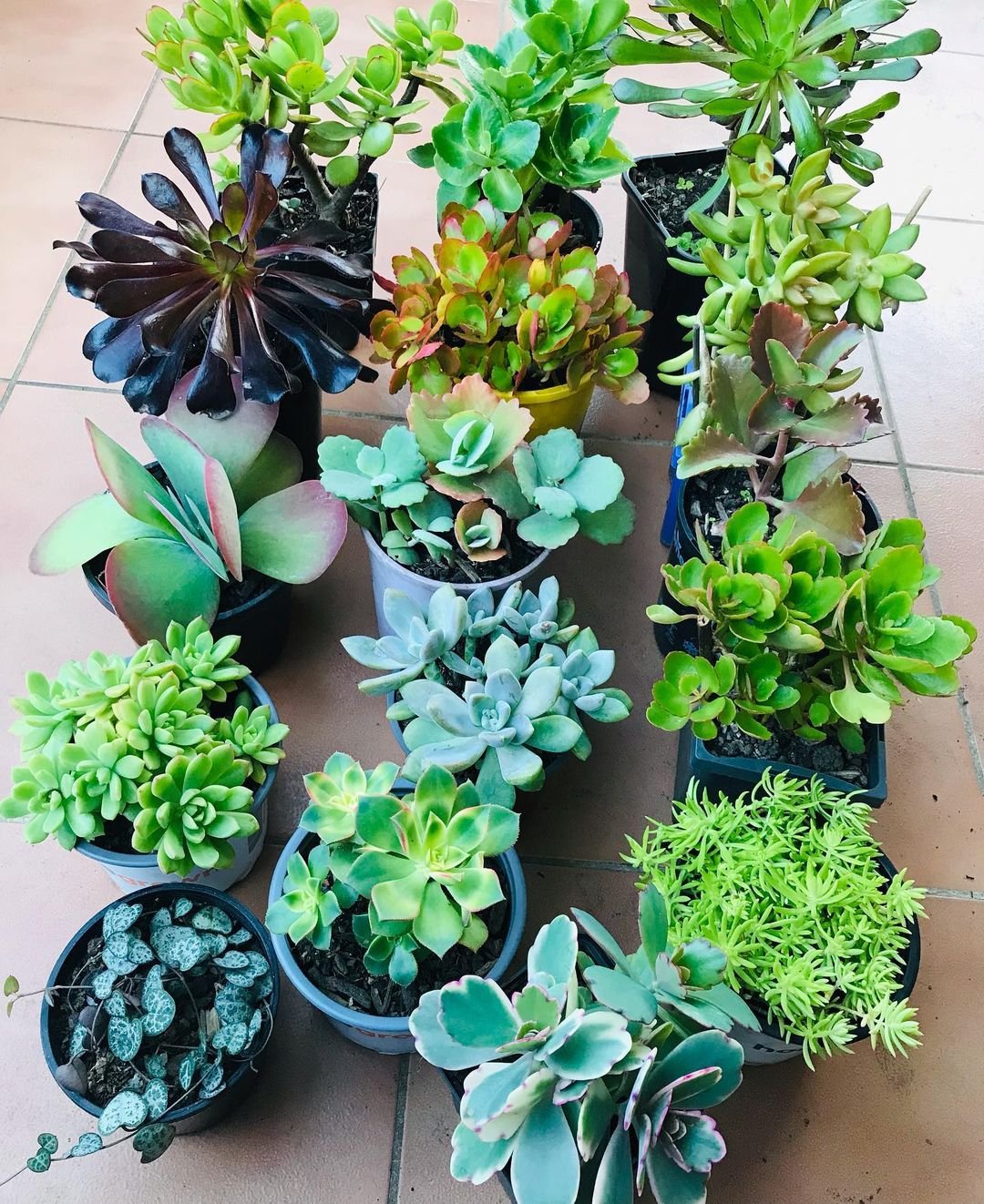
Succulents are a diverse group of plants that have evolved to store water in their leaves, stems, or roots. This adaptation allows them to thrive in arid environments and prevents them from wilting during periods of drought. Many succulents, such as cacti, are native to hot, dry regions like deserts and semi-arid areas.
While often associated with arid environments, succulents come in a wide range of shapes, sizes, and colors, making them versatile additions to any garden design. From the classic rosette-forming echeverias to the towering cacti and the trailing sedum varieties, there’s a succulent to suit every taste and garden style.
Choosing the Right Succulents
Before diving into your succulent garden design, it’s essential to select the right plants for your climate and growing conditions. Here are some popular succulent varieties to consider:
1. Echeveria
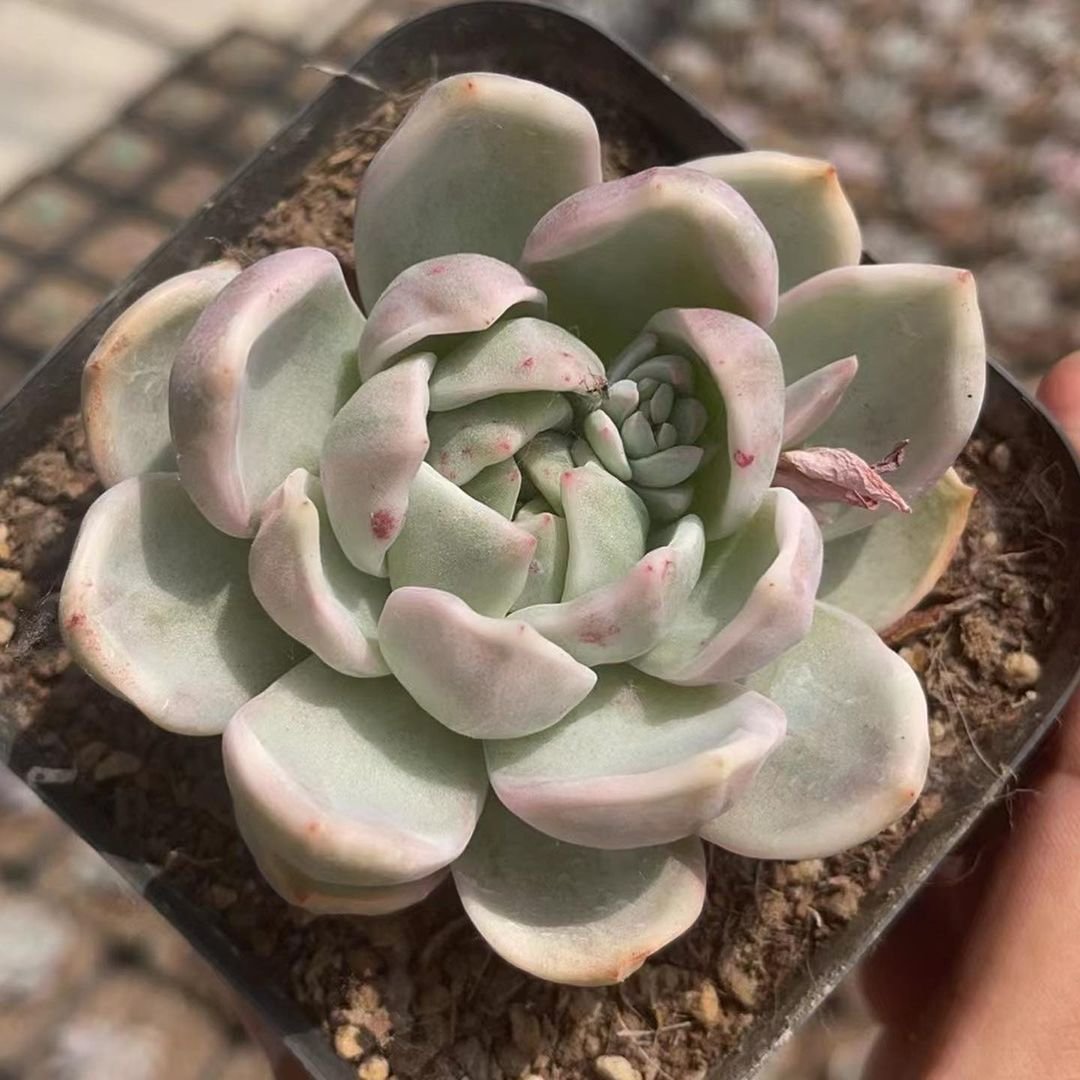
Here’s a short information chart about Echeveria:
| Aspect | Information |
|---|---|
| Botanical Name | Echeveria |
| Plant Type | Succulent |
| Zones | Typically USDA Zones 9-11, may vary |
| Exposure | Full sun to partial shade |
| Bloom Time | Spring to summer |
| Height/Spread | Varies depending on species, typically 6-12 inches in height, and 6-18 inches in spread |
These rosette-forming succulents are beloved for their vibrant colors and unique shapes. Varieties like ‘Topsy Turvy’ and ‘Perle von Nurnberg’ are excellent choices for beginners.
2. Sempervivum (Hens and Chicks)

ere’s a short information chart about Sempervivum, commonly known as Hens and Chicks:
| Aspect | Information |
|---|---|
| Botanical Name | Sempervivum |
| Plant Type | Succulent |
| Zones | Typically USDA Zones 3-8, may vary |
| Exposure | Full sun to partial shade |
| Bloom Time | Summer |
| Height/Spread | Varies depending on species, typically 3-6 inches in height, and 6-12 inches in spread |
Known for their ability to form offsets, these hardy succulents come in various colors, from greens to reds and purples. Popular varieties include ‘Ruby Heart’ and ‘Chick Charms.’*-
3. Sedum
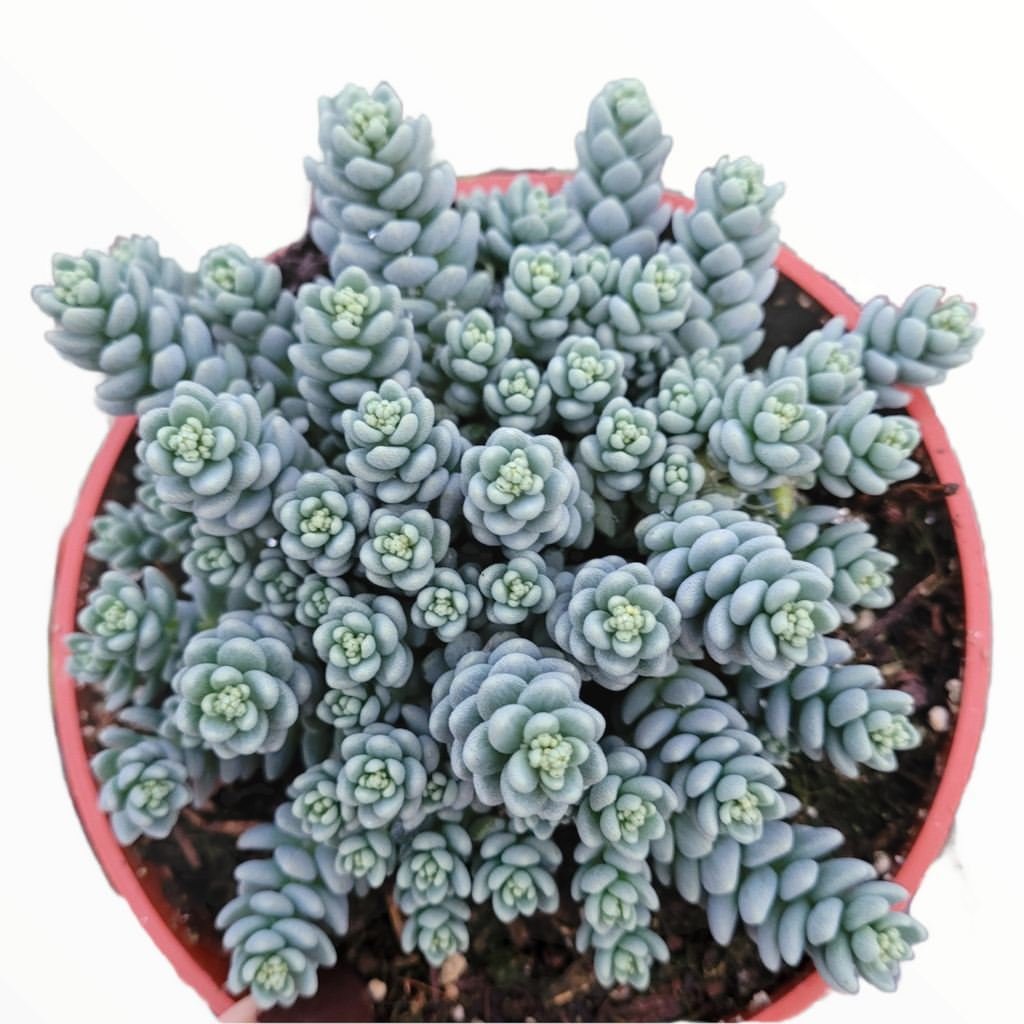
Here’s a short information chart about Sedum:
| Aspect | Information |
|---|---|
| Botanical Name | Sedum |
| Plant Type | Succulent |
| Zones | Typically USDA Zones 3-9, may vary |
| Exposure | Full sun to partial shade |
| Bloom Time | Late summer to fall |
| Height/Spread | Varies depending on species, typically 6 inches to 2 feet in height, and 6 inches to 2 feet in spread |
These versatile succulents range from ground-covering varieties like ‘Dragon’s Blood’ to upright forms like ‘Autumn Joy.’ They’re perfect for adding texture and color to any garden.
4. Cacti
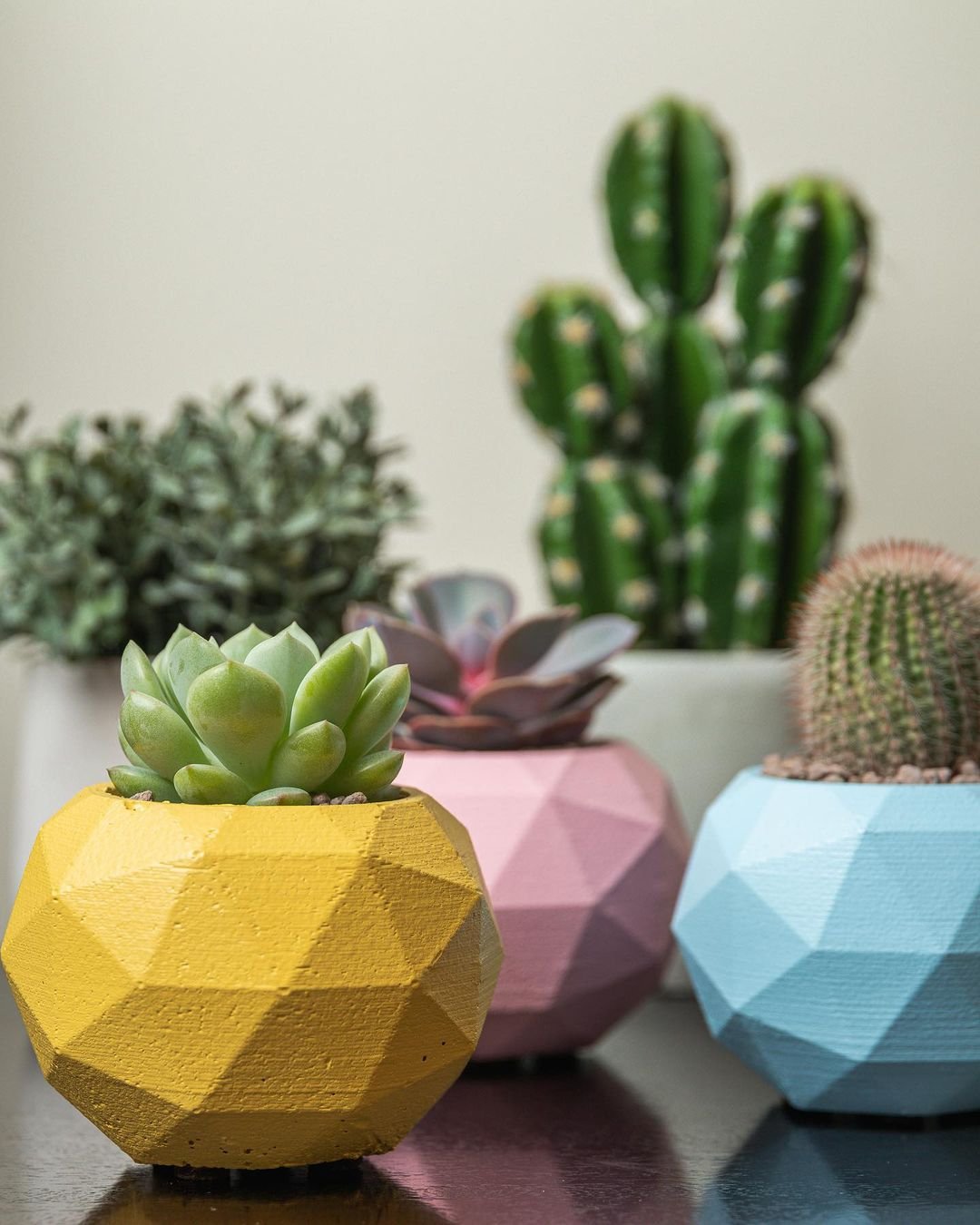
Here’s a short information chart about cacti:
| Attribute | Information |
|---|---|
| Botanical Name | Various, belonging to the family Cactaceae |
| Plant Type | Succulent |
| Zones | Varies depending on species, but many are adapted to arid and semi-arid regions |
| Exposure | Full sun |
| Bloom Time | Varies depending on species, but many bloom in spring or summer |
| Height/Spread | Varies widely depending on species |
From the iconic saguaro to the prickly pear, cacti are a classic succulent choice. Consider varieties like the golden barrel cactus or the bunny ear cactus for unique shapes.
5. Aeonium

Here’s a short information chart about Aeonium:
| Attribute | Information |
|---|---|
| Botanical Name | Aeonium |
| Plant Type | Succulent |
| Zones | USDA Zones 9-11 |
| Exposure | Full sun to partial shade |
| Bloom Time | Spring to summer |
| Height/Spread | Varies depending on species |
With their striking rosette forms and vibrant colors, aeoniums like ‘Zwartkop’ and ‘Sunburst’ make eye-catching additions to any succulent collection.
When selecting your succulents, consider their mature size, growth habits, and cold hardiness to ensure they thrive in your climate and garden conditions.
Designing Your Succulent Garden
Once you’ve chosen your favorite succulents, it’s time to bring your garden design to life. Here are some tips for creating a stunning succulent-filled oasis:
Choose the Right Location
Succulents thrive in full sun to partial shade, depending on the variety. Ensure your chosen area receives at least six hours of direct sunlight daily.
Incorporate Hardscaping

Rocks, gravel, and boulders not only complement the natural beauty of succulents but also provide excellent drainage and prevent soil compaction.
Create Interesting Textures
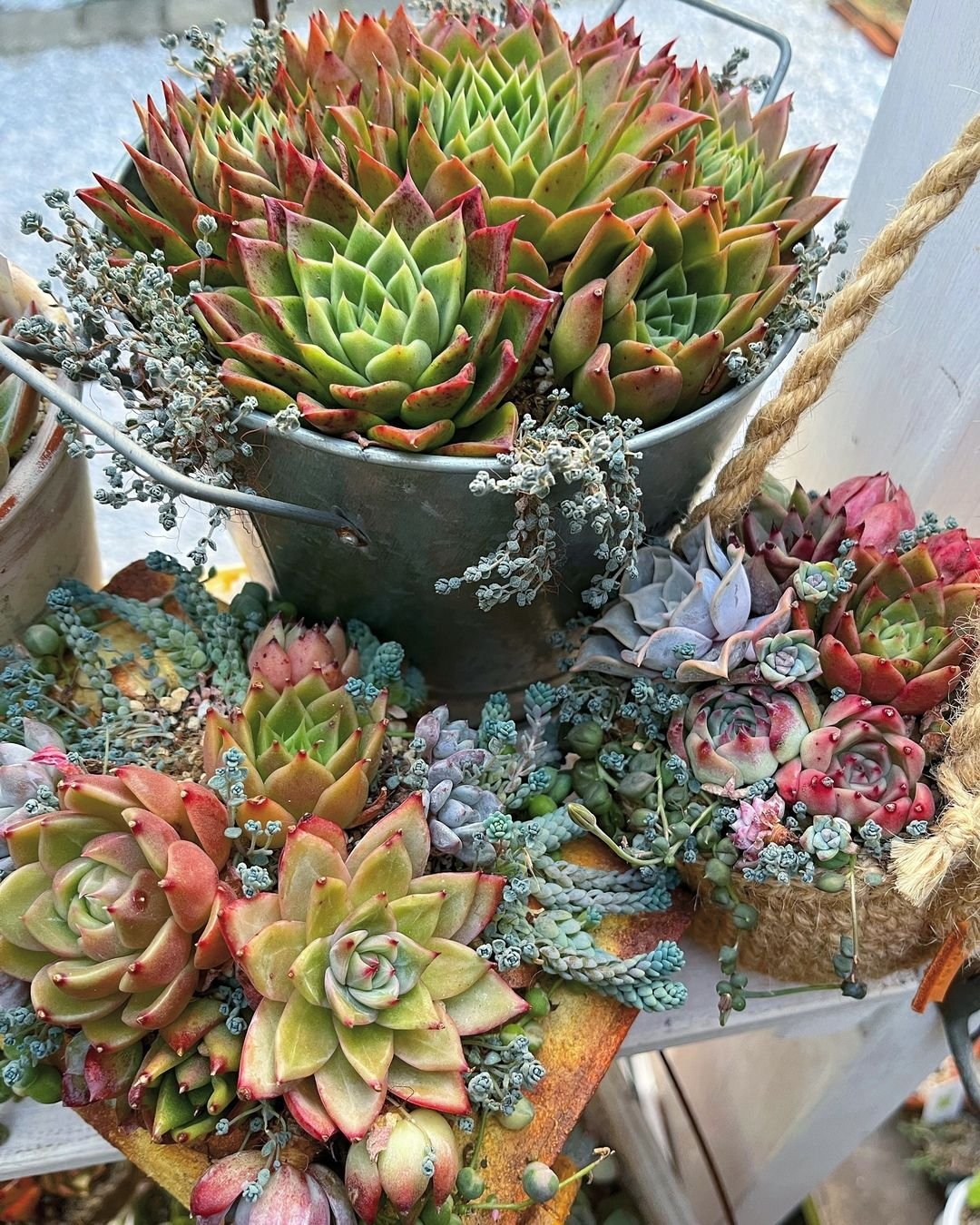
Mix and match succulents with different leaf shapes, colors, and growth habits to create visual interest and depth in your garden.
Use Containers
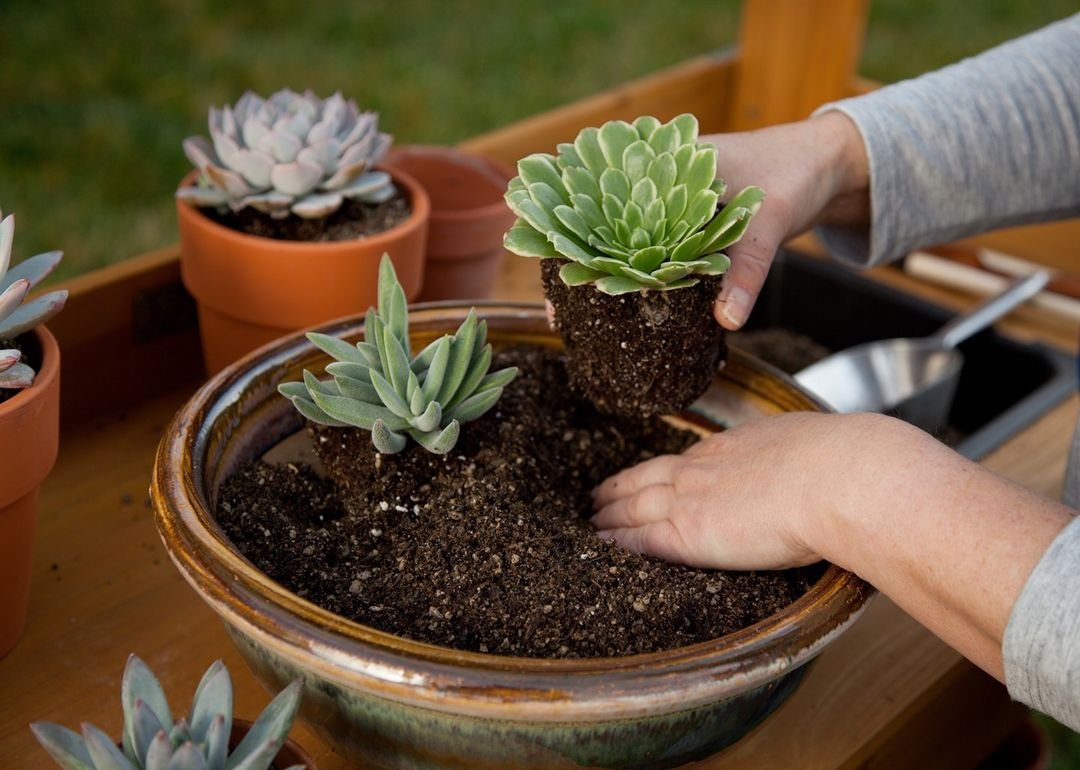
Succulents are perfect for container gardening, allowing you to create miniature landscapes or group different varieties together for a cohesive display.
Incorporate Pathways
Well-defined pathways and stepping stones can guide visitors through your succulent garden, creating a sense of exploration and allowing you to admire the plants from multiple angles.
Consider Lighting
If you plan to enjoy your succulent garden at night, incorporate outdoor lighting to showcase the plants’ unique forms and shadows.
Caring for Your Succulent Garden
While succulents are known for their low-maintenance nature, proper care is still essential for their long-term health and beauty. Here are some tips to keep your succulent garden thriving:
Watering
Succulents prefer infrequent but deep watering. Allow the soil to dry out completely between waterings, and adjust your schedule based on the season and plant needs.
Soil and Drainage
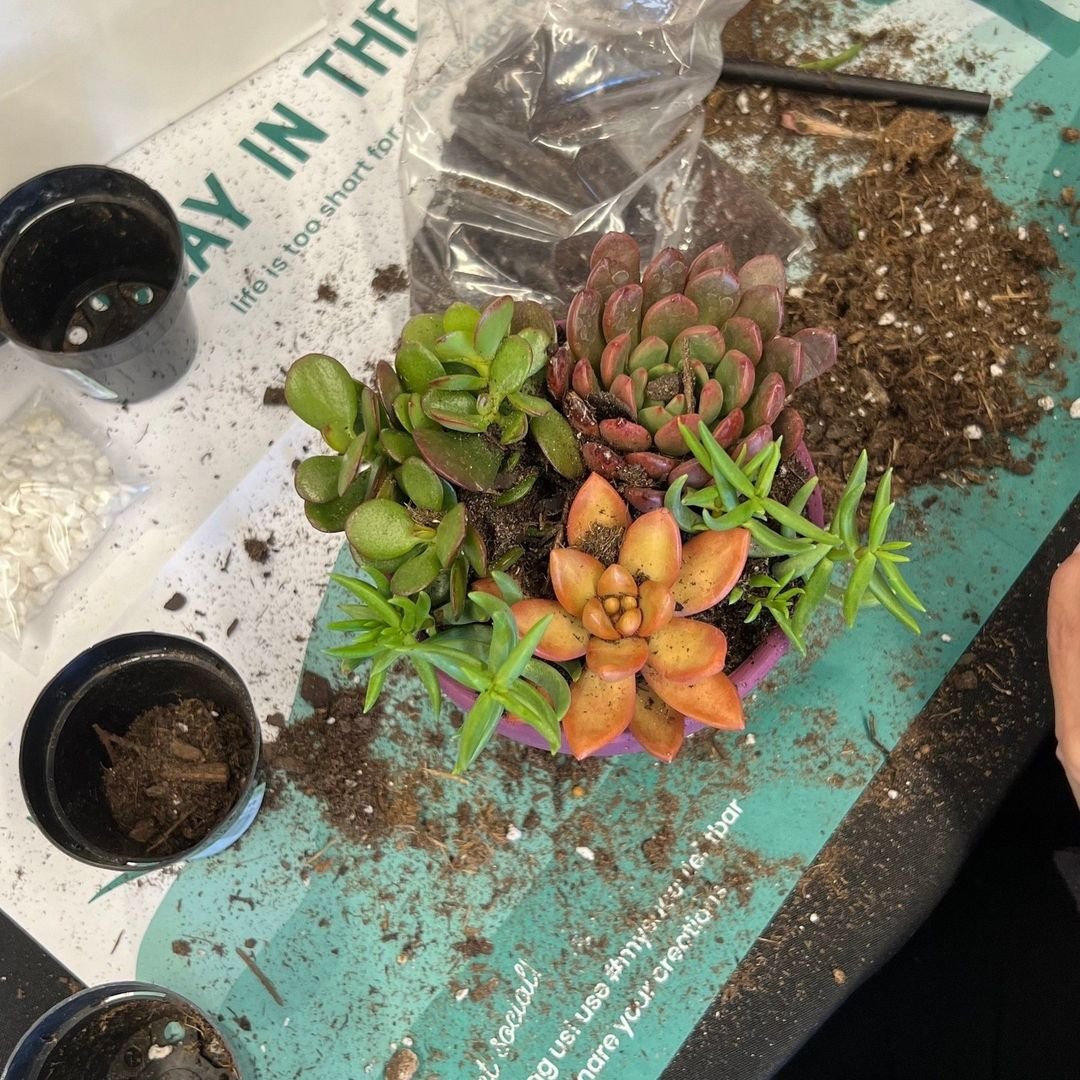
Use a well-draining soil mix specifically formulated for succulents or create your own by mixing potting soil with coarse materials like perlite or pumice.
Fertilizing
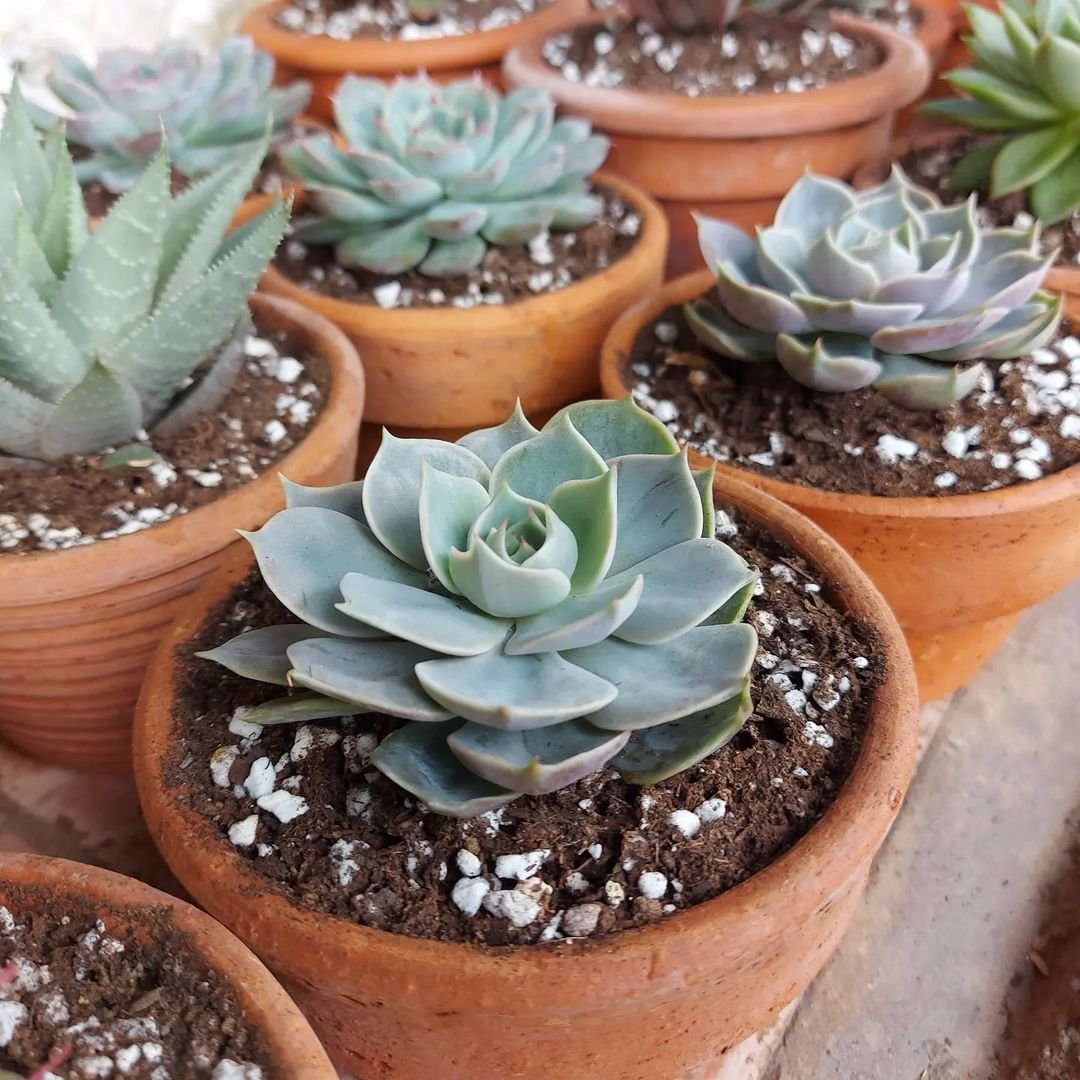
Succulents have low nutrient requirements, but a light application of a balanced, water-soluble fertilizer during the growing season can promote healthy growth.
Pruning and Grooming
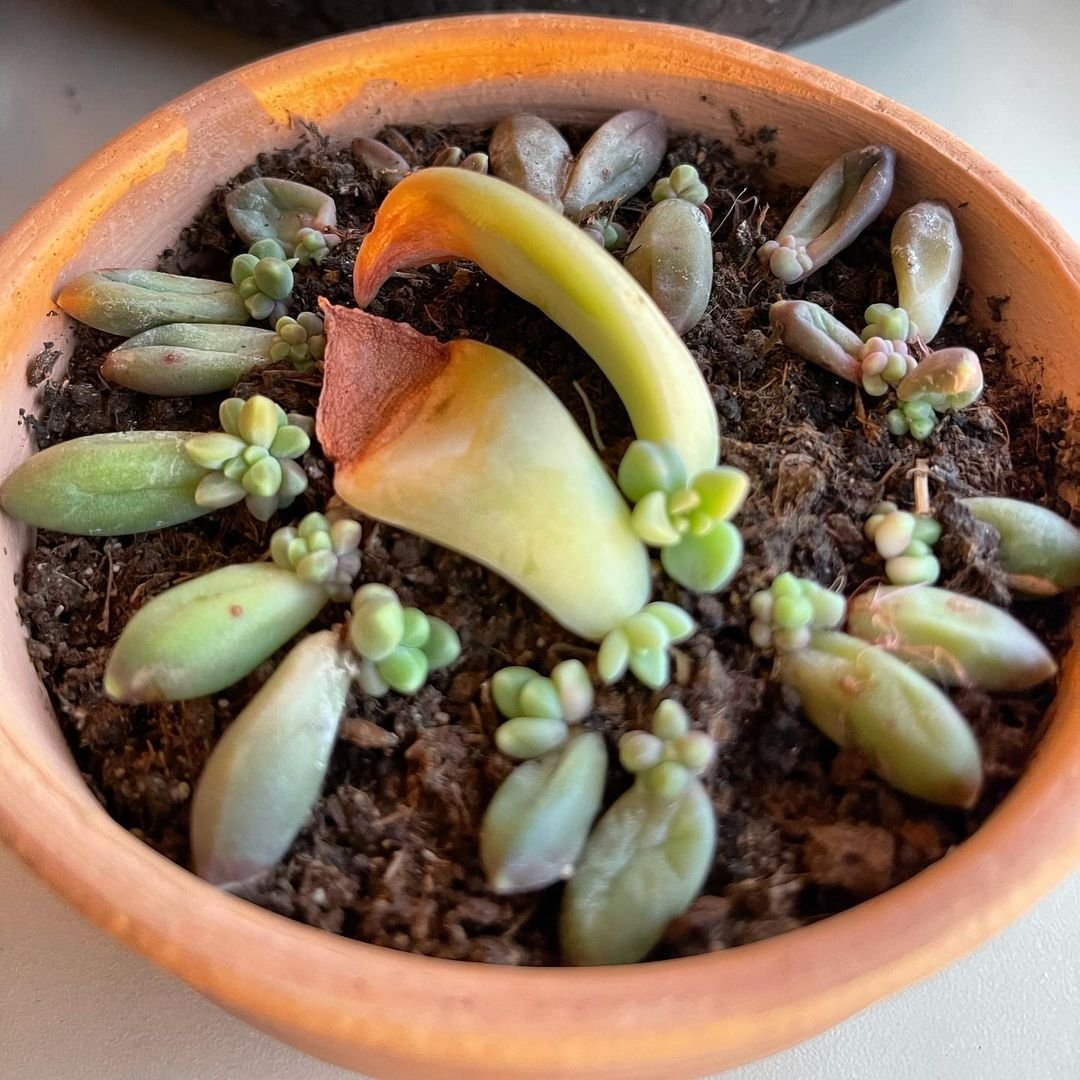
Prune off dead or damaged leaves and stems to maintain a tidy appearance and encourage new growth.
Winter Care
In colder climates, protect tender succulents by moving them indoors or providing appropriate insulation during freezing temperatures.
Pest and Disease Management
While generally resistant, succulents can occasionally fall victim to pests or diseases. Promptly address any issues with appropriate organic or chemical treatments.
With proper care and attention, your succulent garden will thrive, providing you with a low-maintenance oasis of beauty and tranquility for years to come.
Conclusion
Succulents are a gardener’s dream, offering a stunning array of shapes, colors, and textures while requiring minimal maintenance. By incorporating these unique plants into your garden design, you’ll create a captivating outdoor space that not only delights the senses but also inspires a sense of serenity and appreciation for nature’s resilience.
With the tips and guidance provided in this beginner’s guide, you’ll be well on your way to creating a succulent-filled paradise that will be the envy of your neighborhood. So, embrace the beauty of these remarkable plants and let your creativity flourish as you design a garden that truly reflects your personal style and love for the great outdoors.
Pingback: Stunning Succulent Gardens: A Beginner’s ...
Pingback: The Ultimate Guide to Cleistocactus Icosagonus
Pingback: Prickly Pear Cactus (Opuntia): Comprehensive Guide to Caring
Pingback: Caterpillars in California: Exploring the Diverse World
Pingback: Beauty of Succulents with Pink Flowers: A Gardener’s Guide
Pingback: Discover the 9 Best Mother of Thousands Varieties | Mother of Millions Types
Pingback: Discover 18 Stunning Russian Flowers: A Visual Delight - Gardener's School